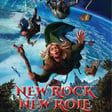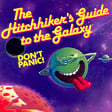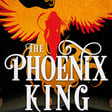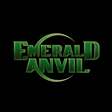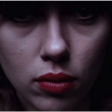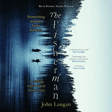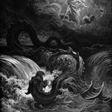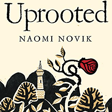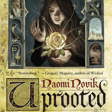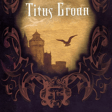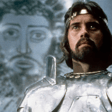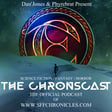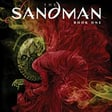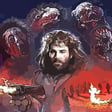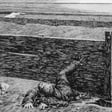
Mythago Wood with John Jarrold
We're joined by one of the kings of UK science-fiction and fantasy, the literary agent John Jarrold, to talk about Rob Holdstock's majestic 1984 novel Mythago Wood, winner of the World Fantasy Award.
Over a career spanning almost fifty years John has become one of the leading lights and champions for British genre fiction, and a household name within that community. In the publishing industry he has run three SFF imprints: Legend at Random House; Earthlight at Simon & Schuster, and Orbit books, where one of his authors was none other than Rob Holdstock. These days he runs the John Jarrold Literary Agency, with and continues to be a hugely influential and popular figure in the industry and SFF community.
We talk about the peculiar Englishness of Mythago Wood, with respect to its post-war setting, which informs the damaged male characters at the heart of the book and how this in turn has an impact on the representation of the female characters present. We also touch upon the cycle of myth and history, the myth of the hostile brothers, and Holdstock's wonderful writing style.
John brings his enormous experience to bear as we talk at length about the publishing industry and how it has changed over the last fifty years. He is armed with great anecdotes, and the list of people he's worked with over the years read like a Who's Who of international SFF.
Elsewhere Damaris Browne dishes up some salacious details on how to handle the issue of privacy, and how to approach using real-life people in your stories (spoiler alert: very, very carefully). Christine Wheelwright reads Weeping Willows, her winning 75-word entry from June's writing challenge, and the trees in Slish Wood are not - I repeat not - of interest to the CIA.
Join us next month when our guest will be the novelist, poet and essayist Naomi Foyle, who'll be talking with us about Jo Zebedee's alien invasion-cum-prison break thriller Inish Carraig.
Further Reading
There'll Always Be An England in Mythago Wood
Index
[0:00:00 - 49:15] John Jarrold Interview Part 1
[49:16 - 50:24] Voicemail 1
[50:25 - 1:05:10] The Judge's Corner
[1:05:16 - 1:06:14] Voicemail 2
[1:06:15 - 1:07:20] Writing Challenge Winner
[1:07:21 - 1:08:36] Voicemail 3
[1:08:37 - 2:02:12] John Jarrold Interview Part 2
[2:02:13 - 2:04:18] Credits and Close



